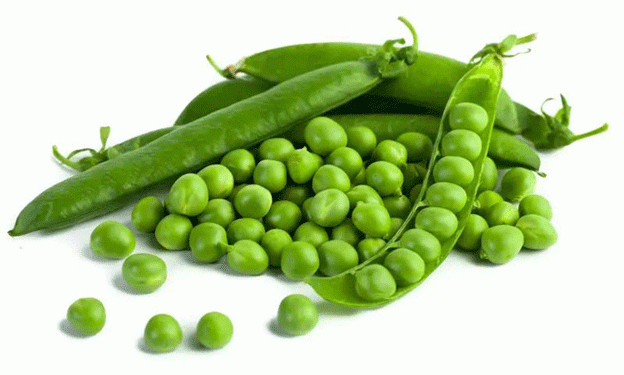In a significant move for the agricultural sector, “Prostory,” a leading Russian agro-holding, has announced plans to invest 13 billion rubles in the construction of a pea processing plant in the Stavropol region. The plant will focus on the deep processing of peas, specifically the production of pea protein. With the capacity to process up to 60,000 tons of peas annually, this initiative is set to reshape the region’s agricultural landscape and tap into the rapidly growing demand for plant-based proteins.
The Stavropol region, known for its fertile lands and favorable climate, produces around 400,000 tons of peas each year. However, until now, the region has lacked facilities capable of processing this crop into higher-value products like pea protein. Pea protein, which can serve as an alternative to dairy, has been gaining traction globally in the food industry, especially with the rise in vegan and vegetarian diets.
According to the region’s agricultural minister, Polubin, this project represents a “capital-intensive investment” and is expected to cater not only to the food industry but also to nutrition markets looking for sustainable, plant-based protein sources. The new plant will allow Stavropol to move beyond raw agricultural exports and tap into more profitable, processed goods markets. As the demand for plant-based alternatives continues to rise globally, the production of pea protein can help Russia expand its footprint in this evolving industry.
Latest Market Data & Opportunities
Globally, the plant-based protein market is projected to reach over $20 billion by 2027, with pea protein playing a significant role. In 2023 alone, the global pea protein market was valued at $1.4 billion, driven by increasing demand in North America, Europe, and Asia-Pacific. This growth presents substantial opportunities for Russian agriculture, particularly as more consumers seek sustainable and health-conscious alternatives to animal-based products.
The potential for innovation in the pea processing sector is vast. Pea protein is known for its versatility in food production, used in products like dairy-free milk, meat substitutes, and protein supplements. With the establishment of the new plant, Stavropol could become a key player in supplying not only the domestic market but also international buyers, particularly in regions where plant-based products are seeing exponential growth.
The construction of the pea processing plant in Stavropol is more than just an investment in infrastructure; it’s an investment in the future of sustainable agriculture. By leveraging its strong pea production capacity, the region can contribute to the global shift towards plant-based diets and healthier food alternatives. For farmers, agronomists, and agricultural engineers, this project highlights the importance of integrating value-added production into traditional farming operations, ensuring both profitability and resilience in an evolving market.
Error




